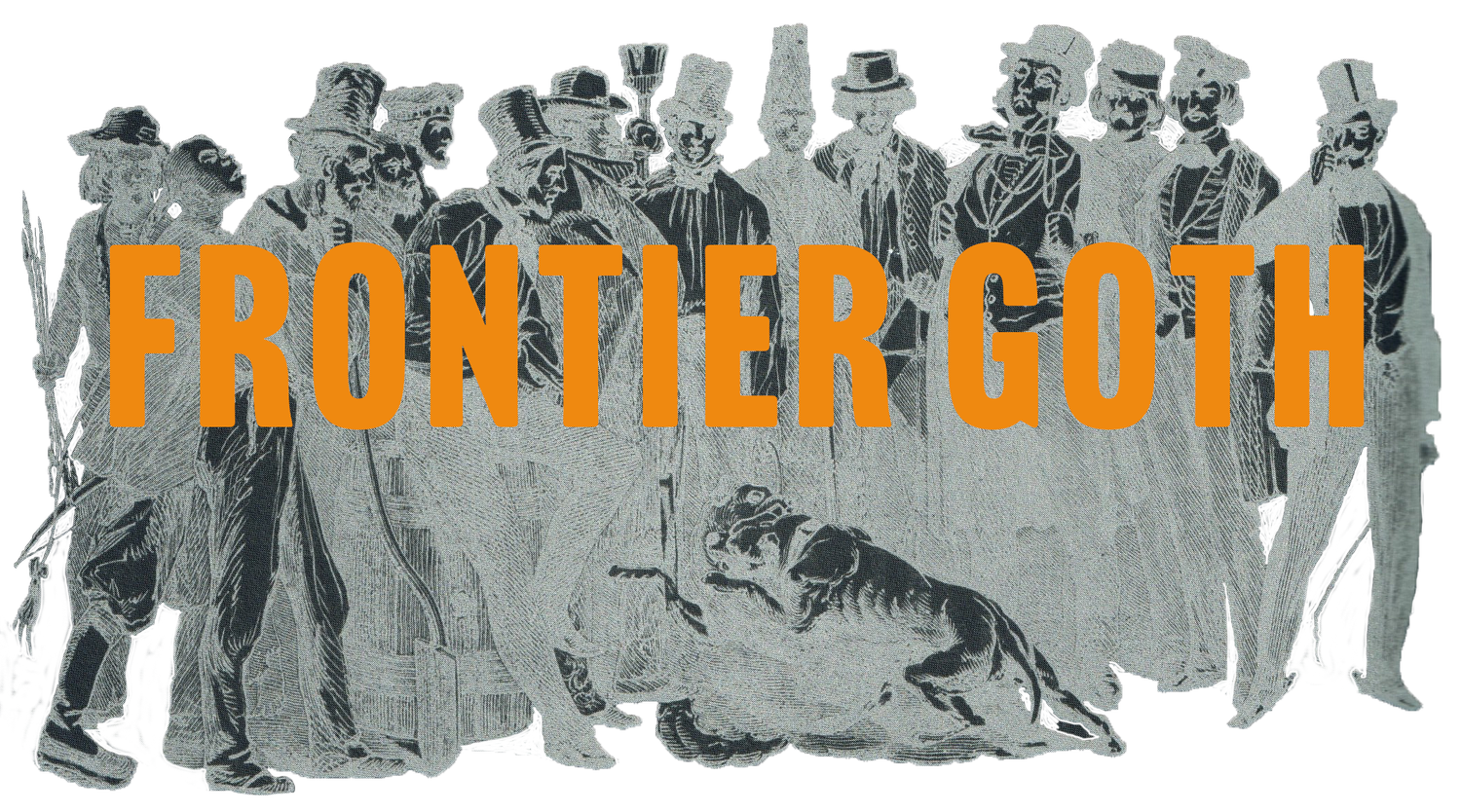The Reshaping of Everyday Life: 1790-1840 by Jack Larkin
“Tavern keepers were even known to hire watchers to keep a careful eye on the condemned prisoner in the weeks before, ‘so that the culprit should not, by suicide, cheat them out of the day’s gains.’”
&
”The growth of road-borne commerce made driving freight wagons, the work of the teamster, a rapidly expanding occupation in the early nineteenth century. By 1840 close to fifteen thousand American men worked as full-time teamsters, spending most of their days and nights on the road behind their horses, along with many more who combined farming or a trade with hauling over shorter distances. They were coarse and hard-featured men, toughened by constant exposure to the weather and, a New Hampshire man observed, ‘profane if the travelling was not good.’ The farthest-traveling teamsters were true citizens of the road. Lambert found them ‘rude and insolent’ to other travelers who got in their way, with an ‘invincible antipathy’ to more settled folk. Southern members of this ‘gentry of the whip’ were, Thomas Hamilton thought, ‘familiarly called “crackers”’ due to the characteristic sound of the indispensable tool of their trade.”
-Jack Larkin, 1988


